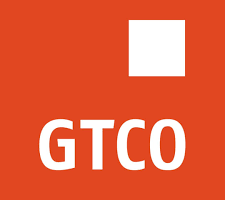The recent addition of securitized N23.7 trillion Ways and Means (W&M) owed the apex bank to the domestic component of the Federal Government (FG) debt and the devaluation of the naira have increased Nigeria’s possibility of becoming insolvent, analysts have warned.1 per cent being domestic debt.
“In terms of the proportional distribution of the debt liability between the FG and states plus the Federal Capital Territory (FCT), the FG’s share at the end of the second quarter stood at 89.5 per cent, representing an increase of 540 basis points (bps) from 2022 year end level”, said analysts at Afrinvest.
They said, the addition of the W&M debt to the FG’s component saw total debt burden rise to N48.3 trillion, an increase of 95.4 per cent on q/q basis.
“Also, we observed a significant negative pass-through effect of the nairadevaluationin the second quarter due to the shift in foreign exchange (forex) amid week buffering FG’s external debt component.
“Precisely, while the FG’s external debt only rose by 4.2 per cent in dollar term to $38.8 billion from $37.2 billion in 2022, the naira equivalent jumped by 79 per cent to N29.9 trillion – a development that indicates that Nigeria may be at risk of of debt overhang should naira depreciation continue and/or external debt profile rise further”, said Afrinvest.
Already, Nigeria’s total dent to Gross Domestic Product (GDP) is 40.5 per cent, though the International Monetary Fund (IMF) set a threshold of 55 per cent for low income countries.
But the disturbing fact is that, debt service -to – revenue is a whopping 99 per cent, in this case the IMF set threshold for low income countries is a maximum of 20 per cent, while the Debt Management Office (DMO) recommended a threshold of 50 per cent.
Furthermore, Nigeria’s fiscal deficit as percentGe of GDP is currently 6.4 per cent, whereas Nigeria’s Fiscal Responsibility Act threshold is three per cent, while IMF’s recommended threshold is five per cent. But DMO’s recommended threshold under Market Access Country-Debt Sustainability AnLysis (MAC-DSA) is 15 per cent.




